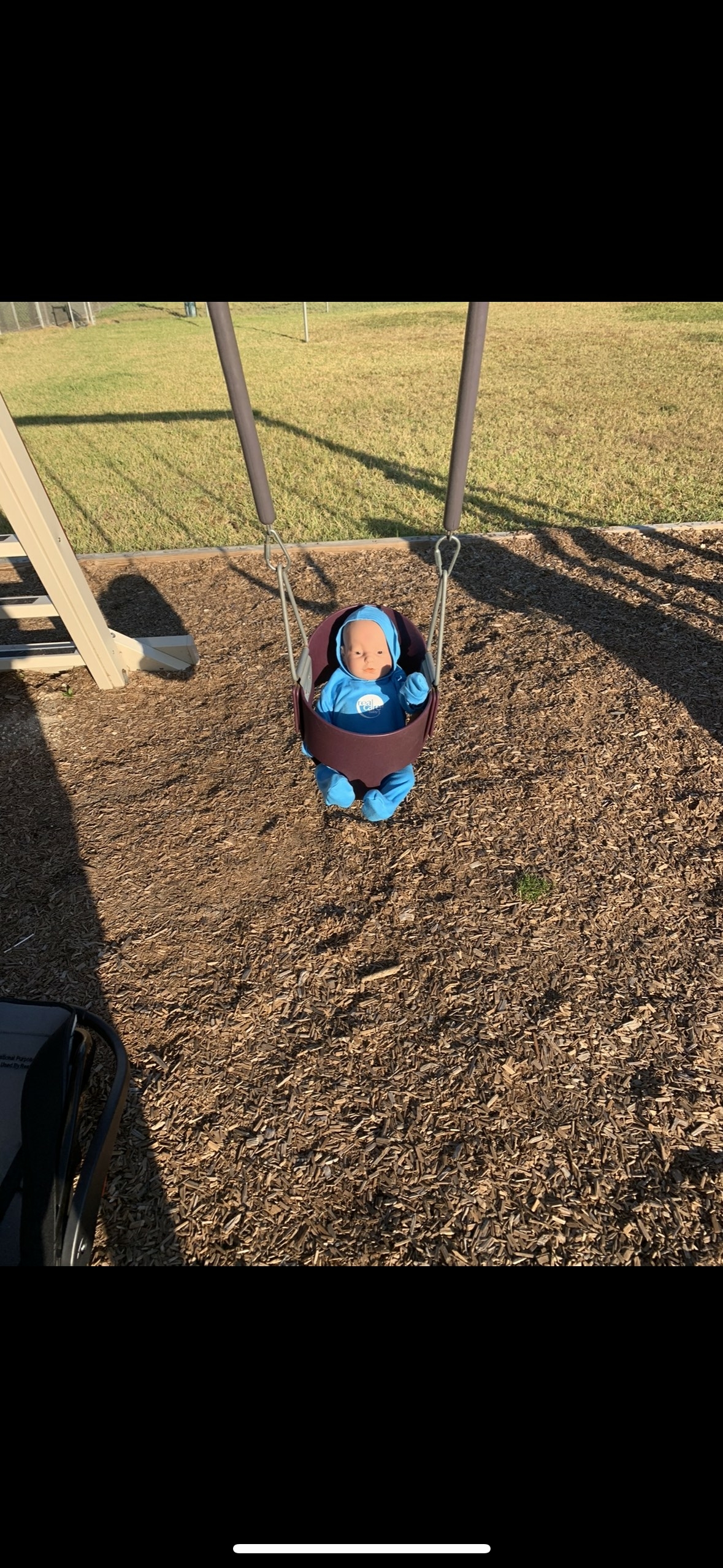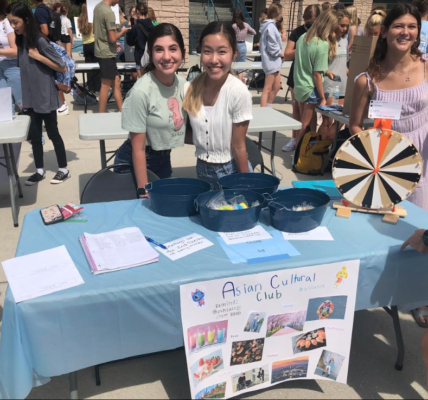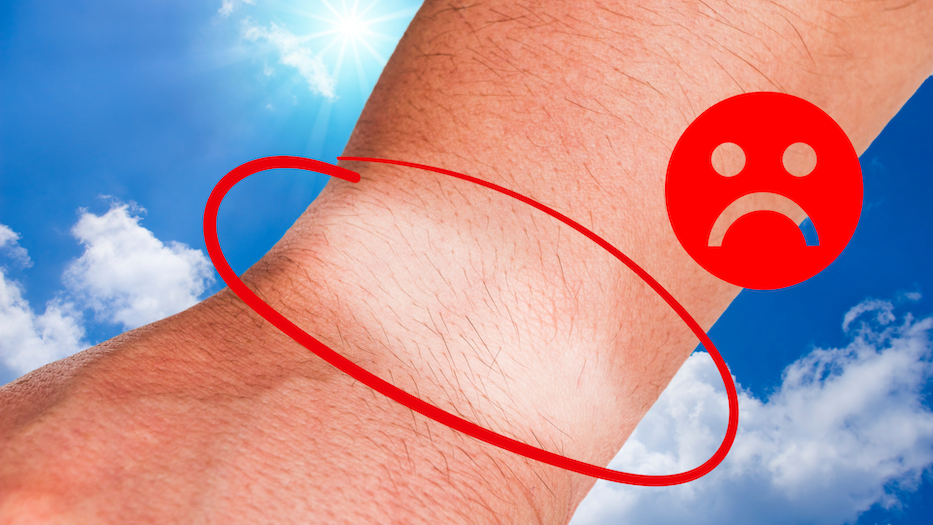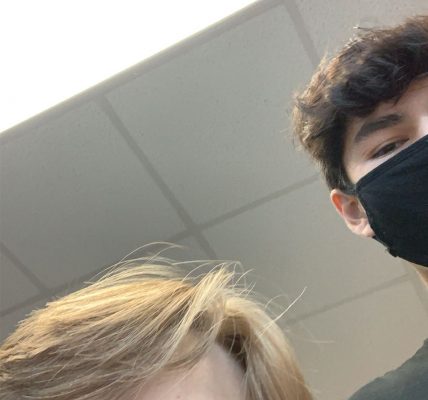BY: Nate Wicker
Students around Ponte Vedra High School may have noticed certain students over the past few weeks carrying around robotic babies. These automated tots are utilized by the PVHS Academy of Future Educators for the purpose of teaching the students, whom are potentially interested in a future career in child care and schooling, lessons in infant care, parenting, and responsibility. The PVHS Academy of Future Educators is taught by Ms. Shannon Pickard who took up the role when the academy was first started during the 2022-2023 school year.
Ms. Pickard stated that the robo-baby exercise is conducted for second year academy students in the Human Growth and Development class to “learn what it’s like to care for a real baby.” The Human Growth and Development course covers curriculum spanning from pregnancy all the way to adulthood, studying specifically how humans grow, how their minds work, and how they learn in different stages of their lives. The battery powered bundles of joy cost 1,500 dollars per unit, so, “if you see a baby out in the hallways, please don’t smack it,” Ms. Pickard said jokingly. Students have to parent the babies for one night at a time. Ms. Pickard explained how, through a program linked to the babies on her computer, she can download reports surrounding how the child was cared for, which she will use to give students grades in the class. “They are responsible for the baby starting at 4:00 in the afternoon and then I do shut the baby down for students to sleep and then they wake back up in the morning around 8:00.” Ms. Pickard explained, “We’re doing a trial run right now with it just to get the students acclimated to it.” The future plan for the babies is that students are going to take them home for a big assignment over a weekend where there will be “no quiet time because with real babies, you can’t just shut them off,” Ms. Pickard said speaking from her experience as a mother.
On terms of how realistic the robo-babies are, Ms. Pickard believes “in terms of neediness, they’re pretty accurate. Real babies tend to wiggle a lot more, these babies don’t move and you don’t have the actual messes associated with changing the diaper.” But students must problem solve to figure out what the baby wants. For example, if the baby begins to cry, students must determine whether it wants to be fed, rocked, or change their diaper.
“I feel like I’ve always liked the idea of parenting as whole. I definitely did not realize that child care is very challenging and I was lucky that the babies were turned off at night.”
KAne Gruven krause (10)
PVHS student Abbe Chandler, a sophomore in the Academy of Future Educators, believes the program has taught her “how to take care of babies” since she “never had any younger siblings.” Kane Gruven Krause, a sophomore in the academy, stated “I feel like I’ve always liked the idea of parenting as whole. I definitely did not realize that child care is very challenging and I was lucky that the babies were turned off at night.”
Ms. Pickard emphasized how most of the students are handling the simulated childcare “very well” and that they are “very excited for future work with the babies” as the academy continues to develop and grow.
Pictured: One of the robot babies sitting in a swing





